There are some subtle things that every couple does in their relationship that chip away at their happiness. You might not always realize it, but certain kinds of negative thinking can poison your relationship to a huge extent.
According to recent census data, 39% of marriages end in divorce. And many unmarried intimate relationships fail, devolving into bitterness and conflict. Some relationships are more doomed than others when our lizard brain (or survive brain) dwarfs our thrive brain (or “thinking brain”). If you’re like most people, chances are you’ve interacted with your partner through one or more harmful ‘lizard brain’ reactions without realizing it.
10 Kinds Of Negative Thinking That Can Poison Your Relationship
1. Jumping to Conclusions.
We convince ourselves we know what our partner is thinking or feeling and make up stories about situations without evidence. We project our own thoughts and feelings based on our beliefs, not facts. We might say something like, “You obviously don’t like this new outfit because you haven’t said a word.” Or we might say, “I can tell you’re angry with me because I’m late.”
Takeaway: You can sidestep this lizard brain reaction by reminding yourself that your assumptions are not the truth. You can check out the facts before making conclusions to save a lot of unnecessary friction with your partner. “Do you like my new outfit?” Or ask what your partner is feeling: “Are you angry with me because I’m late?”
Related: 10 Silly Habits That Seem Insignificant But Slowly Ruin Relationships
2. Catastrophic Forecasting.
You forecast the worst possible outcome of a situation without evidence. Even when facts contradict your negative belief, you continue to predict things will turn out badly. “There’s no use in putting a bid in on that house. We’ll never get a loan.”
Takeaway: When you catch yourself worrying over something that hasn’t happened, identify your negative prediction. Then ask yourself, “Where’s the evidence for this conclusion?” And instead of making a negative conclusion, ask your mate, “Do you think we will qualify for the house?” Perhaps he/she has a more positive outlook that the two of you can share.
3. All-or-Nothing Criticisms.
You categorize life into the extremes of black and white and blind yourself to the shades of gray, where truth usually lies. You criticize your partner’s behaviors or habits with extremes: “You always pile dirty dishes in the sink instead of putting them in the dishwasher.” Or “You never listen to me when I try to communicate with you.”
Takeaway: Listen for times when you use words like always, all, everybody, either-or, nobody, never, or none. To reverse this lizard brain reaction, try using, “When you … I feel …” to communicate how a certain action makes you feel: “When you continue to pile dirty dishes in the sink, I feel like my requests don’t matter to you.”
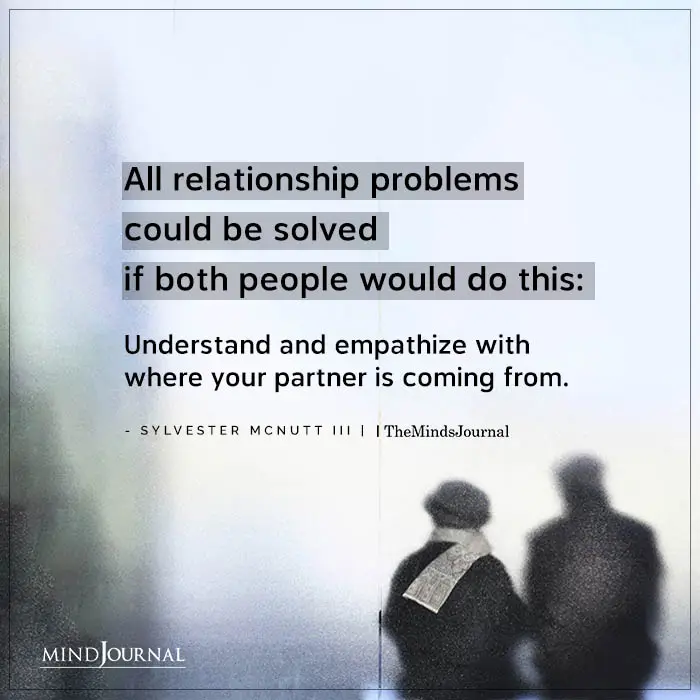
4. Labeling.
Labels are for cans or jars, but we often label our partner with negative attributes: “You’re mean and selfish.” When he/she makes a mistake, you speak as if your partner is the mistake: “You’re such a klutz.” You smack on a negative label because of one incident instead of looking at the entire picture.
Takeaway: To dodge this trespass, look at the big picture and try to be more forgiving. We all have slip-ups, forget, or have accidents. Step back and speak of yourself, using “I-messages” instead of “You-messages”: “I’m uncomfortable with how we’re talking; I’d like to take a time out and come back when we’re calmer.” When you refer to your own feelings (I-messages) instead of pointing your finger (You-messages), it reduces defensiveness and tension and promotes open dialogue.
5. Blaming.
You blame your main squeeze for a negative scenario, overlooking your part in an outcome: “It’s your fault the car broke down; If you had taken it in for service, this wouldn’t have happened,” or “I took your advice, and spoke to the babysitter, and she quit. It’s all your fault.”
Takeaway: Ask yourself if you’re blaming someone for something you’re partly responsible for. Then think about how much of the situation you’re truly responsible for. Be willing to take ownership for your part, but avoid becoming overly responsible for situations outside your control: “We both had the same idea to talk to the sitter about leaving the baby unattended. If that upset her enough to quit, at least you and I are on the same page about our child.”
Related: 10 Toxic Behaviors That Ruin Relationships and How To Avert Them
6. Pessimism.
You unconsciously filter out or discount the positive aspects of your relationship, allowing only negative aspects to enter. You downplay your mate’s accomplishments or positive qualities and dwell on the negatives. You attribute the success to luck or accident and believe it’s only a matter of time until failure is imminent: “You won top broker of the year, but that was a fluke.”
This bad habit of selecting the negative over the positive eventually leads you and your partner to feel as if everything is negative and eventually cripples your intimate relationship.
Takeaway: Pay attention when negatives outweigh positives and give the positives equal weight. Learn to voice the upside of a downside situation or find an opportunity in the problem. Be a cheerleader for your partner and give positive reinforcement and “atta-girls” and “atta-boys” abundantly.
7. Bossing.
You tell your main squeeze what to do and that you expect them to do what you say. You make other commands and demands that cross the line in a parental way: “Keep your cell phone on and with you, in case I need to reach you.”
Takeaway: To avoid this trespass, state your concern, or ask a question: “Are you OK with leaving your phone on in case I need to reach you?”
8. Perfectionism.
Things have to be perfect for you to be happy in the relationship, and you hold your partner to unrealistic standards. Your partner constantly feels like a failure because you focus on and magnify his/her shortcomings and ignore the “tallcomings.” “You have to get that promotion or our marriage goes down the tubes.” Or, on the flip side, you downplay your contributions to a stressful situation, “Oh sure, I forgot our anniversary, but we can make it another night.”
Takeaway: Try to be aware when your outlook about a situation is at one extreme or the other. Take the point of view of an outside observer or even your partner. Try to see the situation through a wider lens, and put it in perspective: “I’ve got your back whether you get the promotion or not.”
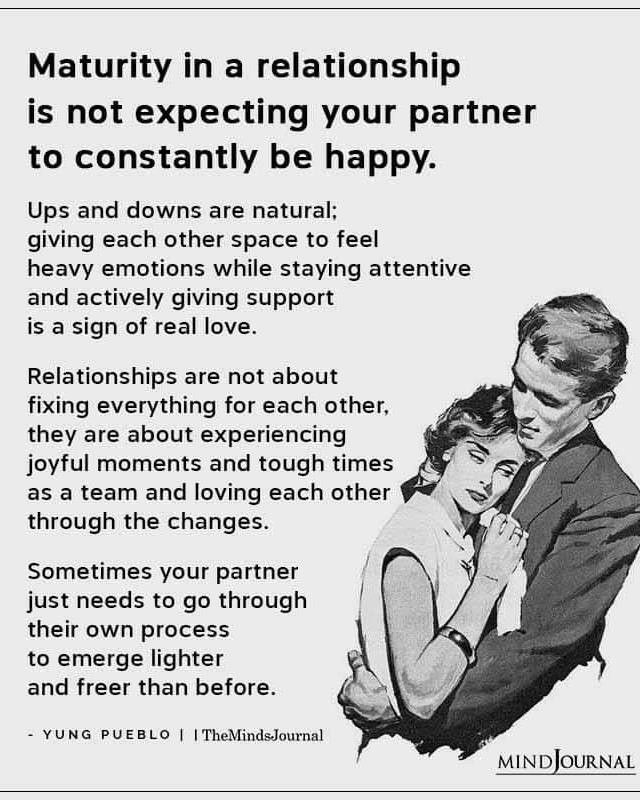
9. “Musterbation.”
Overuse of oppressive words (like should, ought, must, and have to) can cause your partner to feel shamed in the relationship: “You must get home earlier to help me with the kids.” “Musterbation” was coined by the late psychologist Albert Ellis to remind us when we bow to the oppressive pressures in our heads or put those pressures on our partners: “You must be a better parent,” or “You must spend more time with me.”
Takeaway: Ask yourself if your words oppose or support your relationship. Replacing mandatory statements with empowering words enhances the well-being of your relationship. You become more aware of what you require of your partner and can choose more supportive, compassionate words: “I would like for us to spend more time together,” or “Although parenting isn’t always easy, we can still meet its challenges as a team.”
Related: What You’ve Been Doing Wrong In Relationships Based on Your Zodiac Element
10. Emotional Reasoning.
You make judgments about your relationship and your partner from how you feel instead of from reasoning: “I feel hopeless about our relationship, so it must be over.” Or, “If you cared about us, you would read the self-help book the therapist suggested. Obviously, you don’t care.”
Takeaway: Acknowledge your feelings first. Then see if you can separate them from the facts to determine if your conclusion is indeed true: “Yes, I’m feeling hopeless about our marriage, but that doesn’t mean it’s hopeless. There are steps we can take to make it better,” or “Although you haven’t cracked the book, you show your love for me in other ways.”
A Final Word
It’s possible to reduce lizard brain reactions by maintaining respectful boundaries, having empathy, and being mindful of how you give and receive information.
Studies show that consideration, kindness, and generosity are the best medicines for strong and healthy intimate relationships. Active listening engages you in what your partner is saying and feeling without falling into the trap of who’s right and who’s wrong. It softens tension and sets the stage for mutual cooperation, collaboration, and loving connection.
Written By Bryan E. Robinson Originally Appeared In Psychology Today
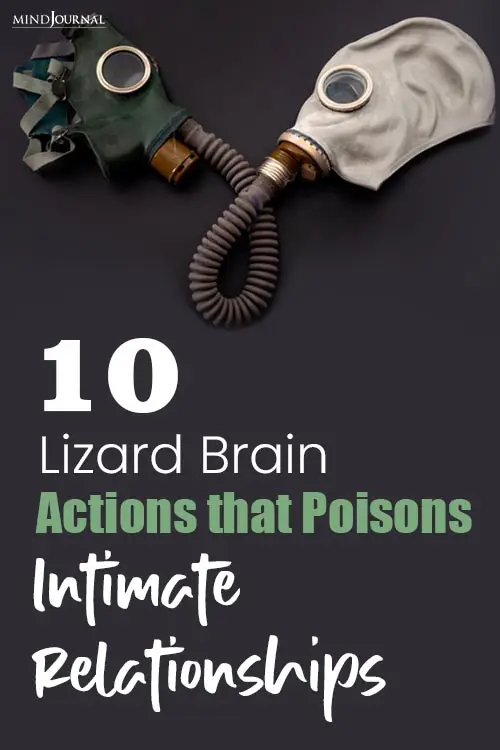
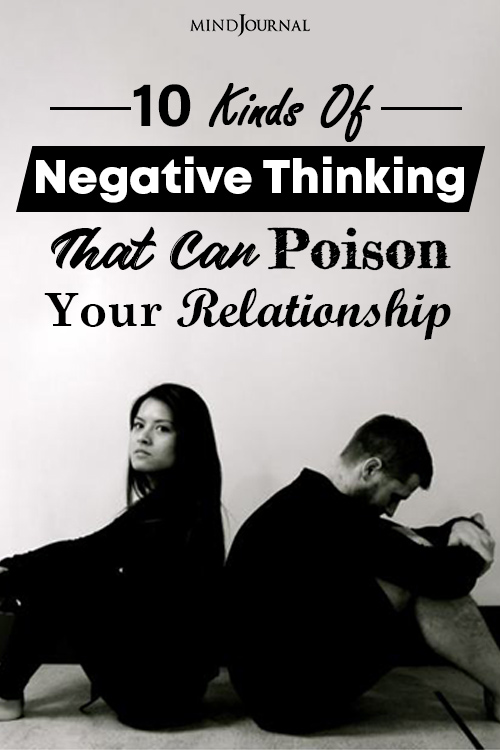
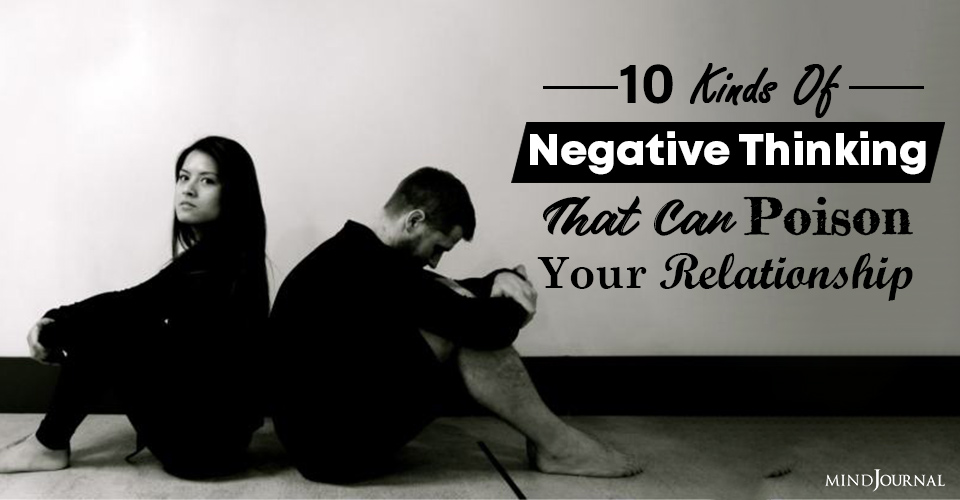



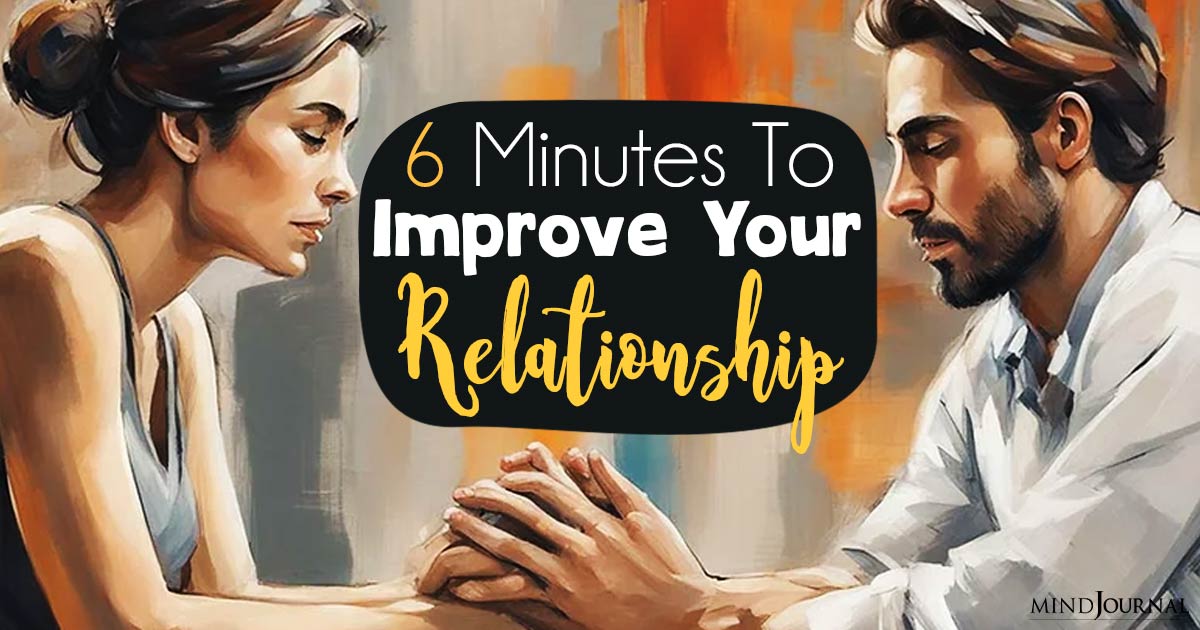
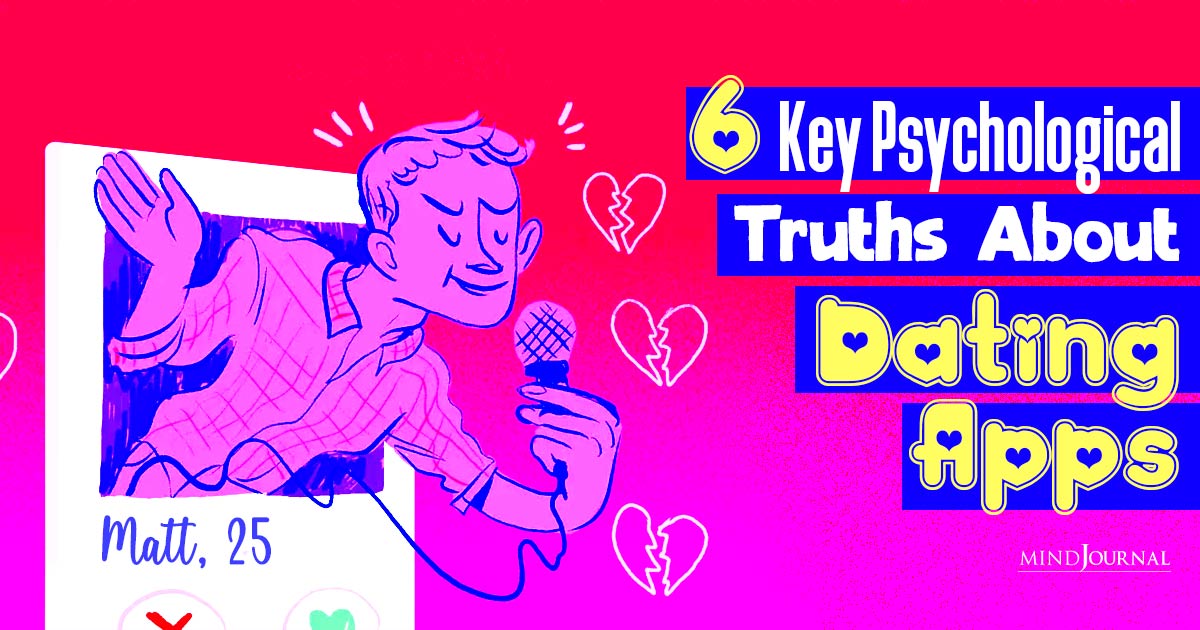
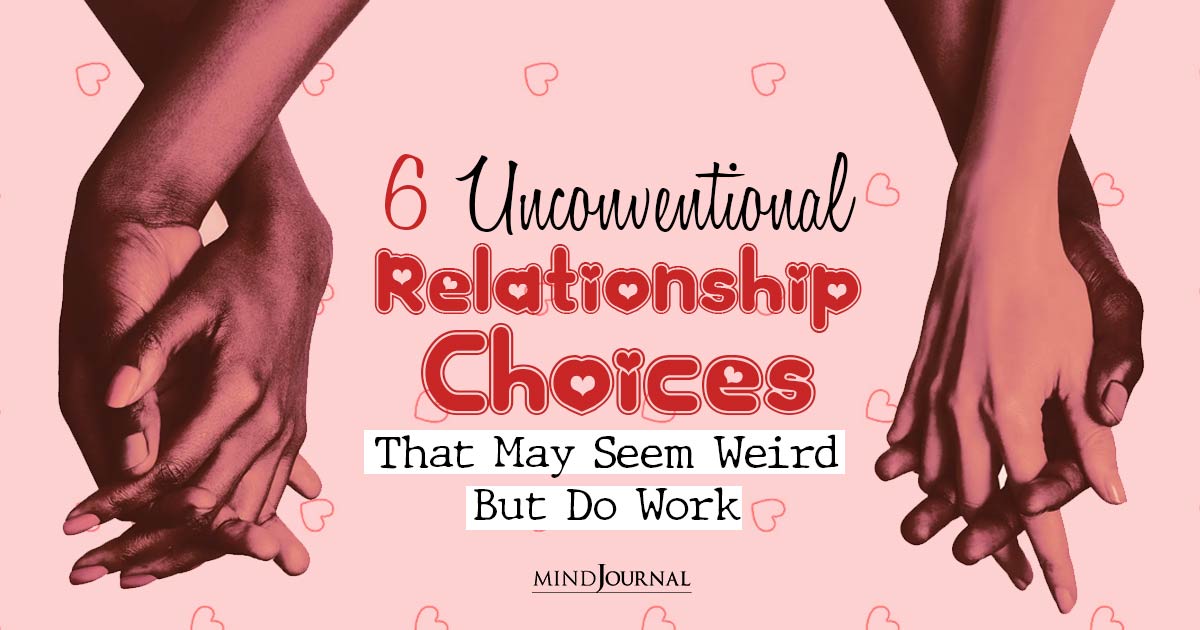
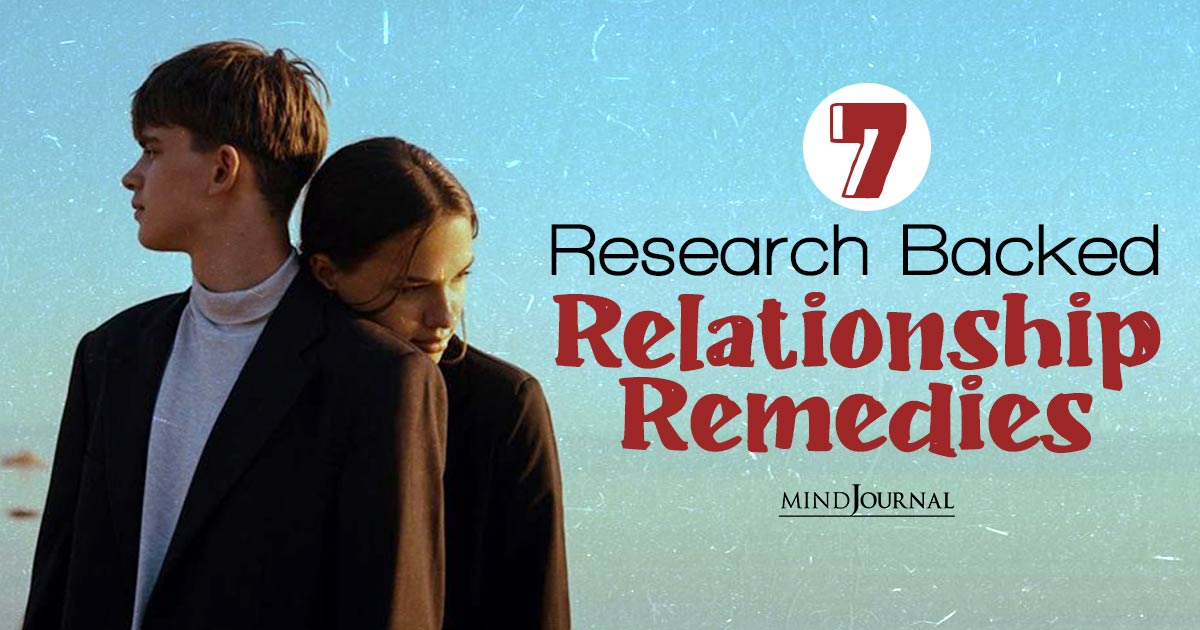
Leave a Reply
You must be logged in to post a comment.